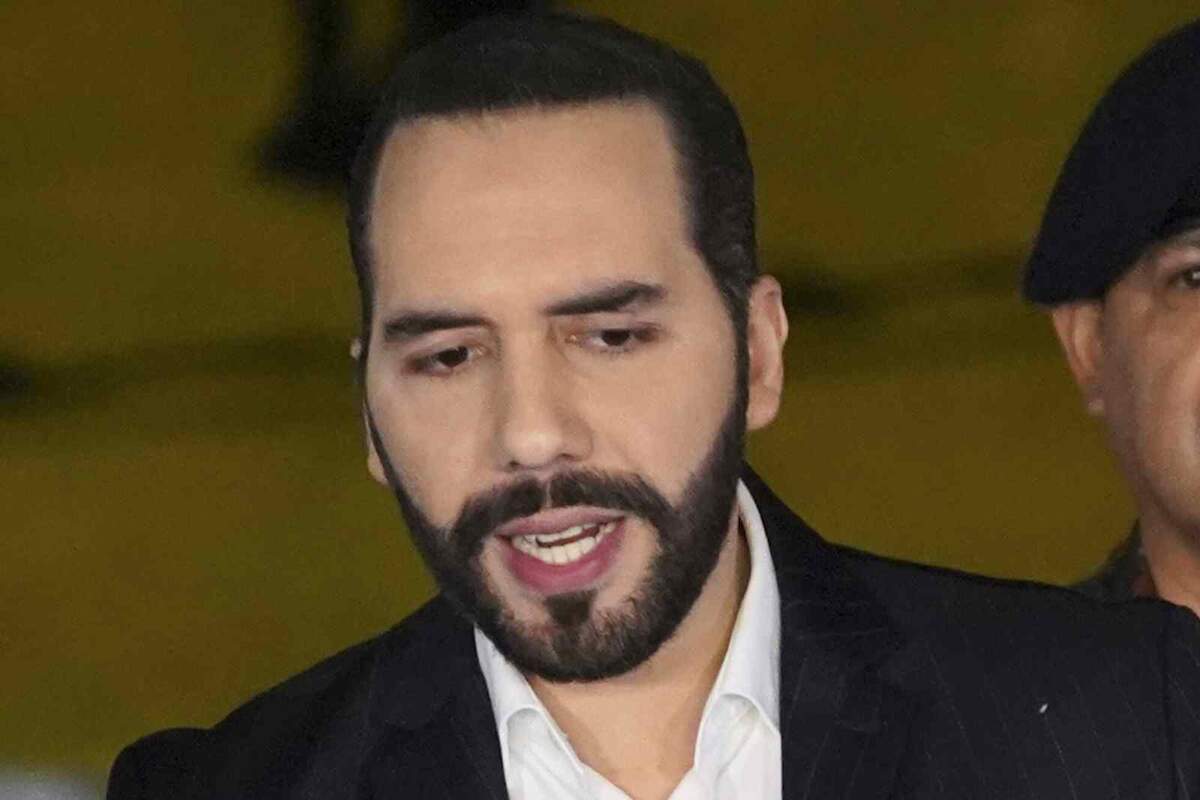Nayib Bukele submitted his resignation as President of El Salvador. This reality is merely a strategic move to enable him to run for re-election next year 2024, thus bypassing the constitution, which in principle did not allow him to run again. In any case, the controversial Salvadoran leader will choose to continue ruling his country, something that many take for granted, because he is very popular among citizens.
Opinion polls show Bukele with an intention to vote at around 70%, some even exceeding 80%. When he came to power, state media targeted him because of his strong policy against gang-fueled insecurity. But over time, the Salvadoran president has managed to gain the trust of his people, and everything indicates that he will have no problems remaining in office.
Bukele’s zero-tolerance policy towards crime is beginning to bear fruit. The results of his strategy of suppressing criminals and building high-security prisons are already beginning to appear. The situation has reached such a point that Bukele represents the way in the fight against insecurity. Recently published data proves him right.
This week, El Salvador reached 500 days without murders, a remarkable fact considering the high level of crime the country was experiencing when he came to power. These 500 days fall during the period from July 1, 2019 to today. In fact, according to Bukele, “November 2023 will end as the safest month in the entire history of El Salvador,” with up to 23 days without murders recorded.
Despite criticism from various NGOs accusing Nayib Bukele of violating human rights, the data dealt with by the El Salvadoran government show a clear improvement in the issue of security in the country compared to previous years and decades. Just to compare with another country, in 2023, “90 massacres” occurred in Colombia, as reported by Miguel Abraham Polo Polo, a politician close to Bukele, to defend his security policy.
In fact, Bukele’s model serves as an inspiration for other countries in the region that have set themselves the goal of reducing security. Honduras, for example, is implementing a plan to militarize prisons, increase confiscations and build two new high-security prisons. Discussion about applying this model is on the table in other countries in the region. It seems clear that Bukele is starting to lead the way in the fight against crime in Latin America.
But besides the improvement in homicide numbers, Bukele also encouraged other measures that benefited citizens. An example of this is the construction of a hydroelectric dam that was recently opened after 15 years of construction. This facility allowed the President of El Salvador to retroactively announce a 14% reduction in electricity tariffs, which will benefit Salvadorans now that prices for basic services have risen more and more.
Zero tolerance for street gang crimes, intention to eliminate government corruption or measures such as lowering the price of electricity are some of the strengths of Bukele’s project that allow him to enjoy great popularity among the benches. This is the fact that will certainly return him to the presidency of the country.

“Freelance social media evangelist. Organizer. Certified student. Music maven.”









